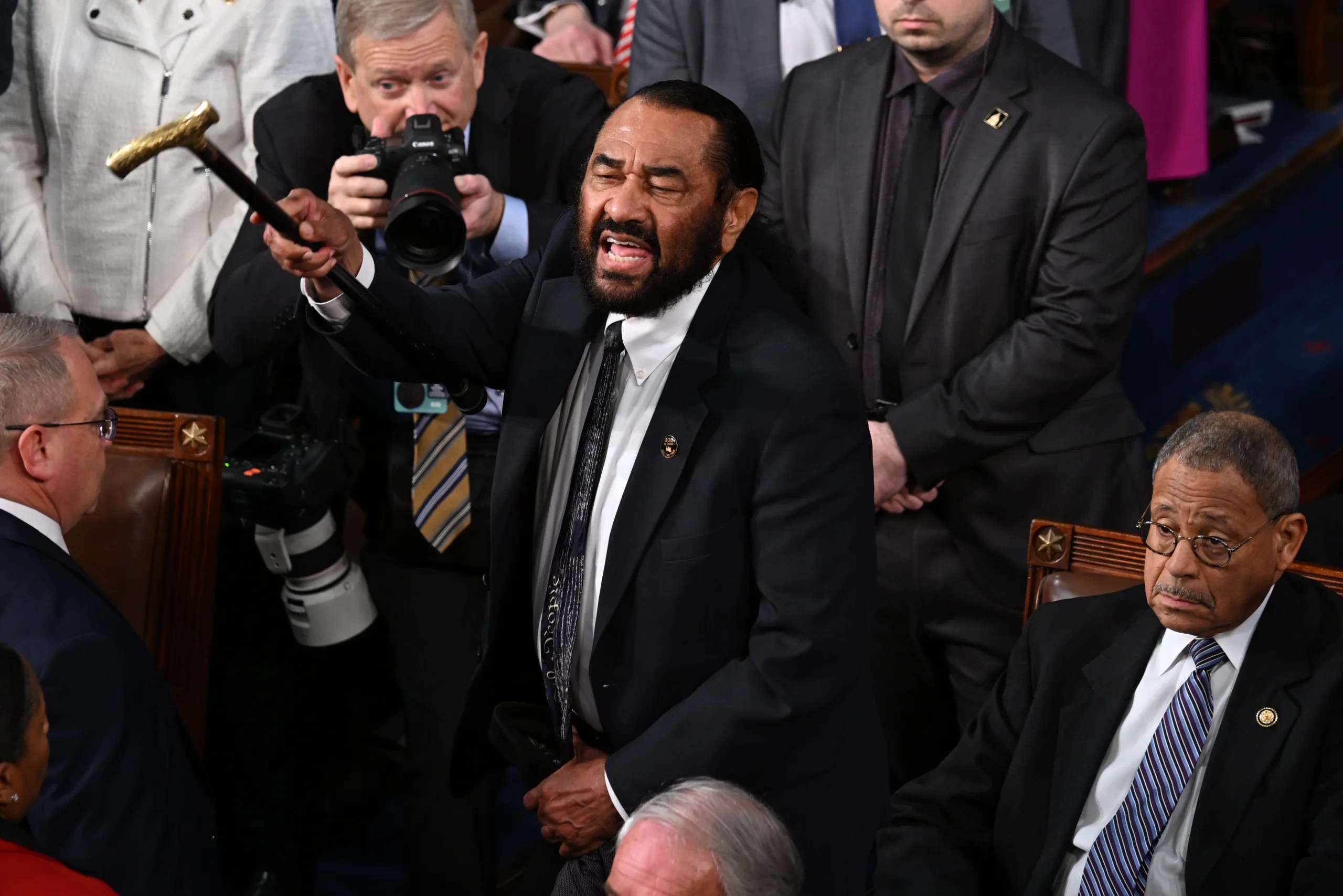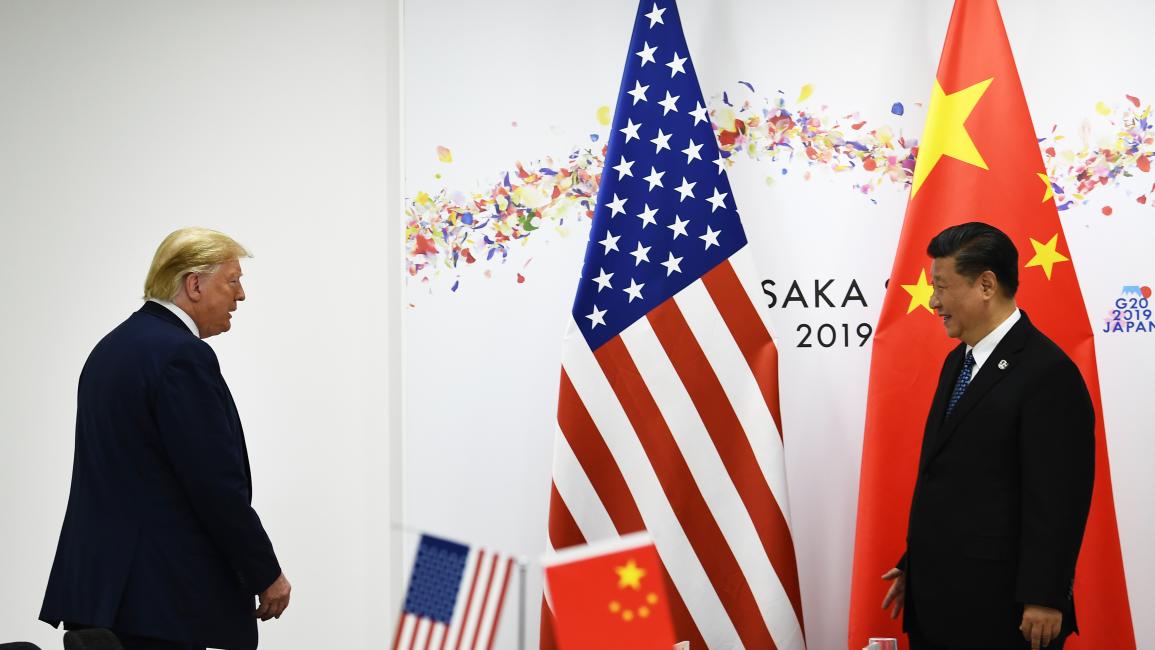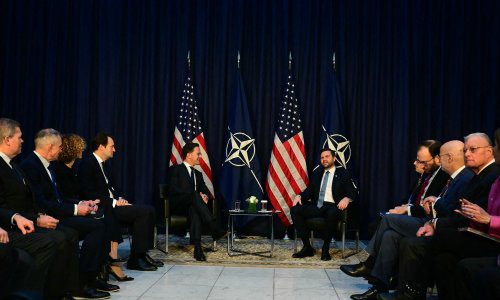Democrats Accuse Trump of Driving Prices Up: The Political and Economic Fallout

In a heated new round of political sparring, Democrats accuse Trump of driving prices up, blaming his policies and rhetoric for inflation and rising costs that continue to squeeze American families. While Republicans reject these claims as political theater, the debate is shaping how voters view both the past and the future of the U.S. economy.
What Are Democrats Claiming?
Democratic lawmakers and strategists argue that key policies from the Trump era:
-
Increased tariffs on imported goods.
-
Disrupted global supply chains.
-
Fueled corporate consolidation.
Together, they claim, these factors pushed prices higher — not just during Trump’s presidency, but in ways that still echo today.
The Tariff Fallout
One major point of criticism is Trump’s trade war with China. Democrats say the tariffs, intended to pressure Beijing, ultimately acted like a hidden tax on American consumers by making everyday goods more expensive.
Studies show the costs of tariffs were largely passed on to businesses and shoppers, adding billions in extra expenses over several years.
Supply Chain Disruptions
Trump’s critics also highlight how aggressive immigration restrictions and trade tensions disrupted labor markets and supply chains.
Democrats argue these disruptions created lasting vulnerabilities, making it harder for the U.S. economy to rebound quickly from shocks like the COVID-19 pandemic.
Corporate Power and Market Concentration
Another charge: that Trump’s administration failed to challenge corporate mergers and monopolies in key sectors like agriculture and technology.
By allowing big companies to dominate, Democrats say Trump’s policies reduced competition, which can lead to higher prices for consumers.
Republican Pushback
Trump allies reject these accusations. They argue:
-
Inflation rose significantly after Trump left office.
-
The pandemic — not Trump’s policies — was the main economic disruptor.
-
Deregulation and tax cuts under Trump boosted growth and kept prices stable.
They see the Democrats’ narrative as an attempt to rewrite history ahead of elections.
What the Data Shows
Economists say the picture is complicated:
-
Some Trump-era tariffs clearly raised prices on specific goods.
-
Broader inflation accelerated in 2021–2022, driven by supply chain shocks, pent-up demand, and global energy prices.
The debate reflects how political narratives often simplify complex economic realities.
Impact on Voters
Polls show Americans rank inflation and cost of living among their top concerns.
By blaming Trump, Democrats hope to shift responsibility away from recent policies and remind voters of trade wars and economic volatility during his tenure.
Republicans, meanwhile, insist inflation is the direct result of Democratic spending bills and energy policies.
The Role of Messaging
Political strategists note that the facts often matter less than which side tells the more convincing story.
The phrase “Democrats accuse Trump of driving prices up” has become a rallying cry on cable news, social media, and campaign ads.
Long-Term Economic Effects
Some economists warn that even if prices stabilize, structural issues Trump-era policies created — like tariff barriers and reduced immigration — may keep certain goods and services expensive.
Others argue that blaming one administration oversimplifies global trends affecting prices everywhere.
Beyond Partisan Politics
The debate over prices is ultimately about deeper questions:
-
Should the U.S. rely more on domestic production, even if it costs more?
-
How should policymakers balance national security with cheap imports?
-
Can leaders fight inflation without hurting workers and growth?
Trump’s economic legacy is part of that conversation, whether voters support him or not.
Conclusion
As campaigns heat up, Democrats accuse Trump of driving prices up to remind voters of trade wars, tariffs, and policy choices they say fueled inflation.
Republicans call it spin. Economists say the truth is messy — but what matters most politically is which side shapes public perception first.
Trump, Inflation, Democrats, Economy, Trade Wars, U.S. Politics




